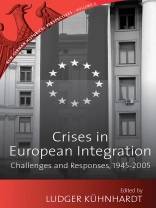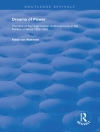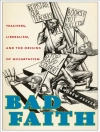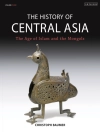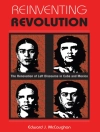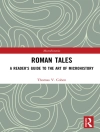While the major trends in European integration have been well researched and constitute key elements of narratives about its value and purpose, the crises of integration and their effects have not yet attracted sufficient attention. This volume, with original contributions by leading German scholars, suggests that crises of integration should be seen as engines of progress throughout the history of European integration rather than as expressions of failure and regression, a widely held assumption. It therefore throws new light on the current crises in European integration and provides a fascinating panorama of how challenges and responses were guiding the process during its first five decades.
สารบัญ
Editorial Preface
Jane Caplan (Executive Editor), Timothy Garton Ash, Jürgen Kocka, Gerhard A. Ritter, Nicholas Stargardt, Margit Szöllösi-Janze
Introduction: European Integration: Success through Crises
Ludger Kühnhardt
Chapter 1. Sources of European Integration: The Meaning of Failed Interwar Politics and the Role of World War II
Wilfried Loth
Chapter 2. The Failure of EDC and European Integration
Manfred Görtemaker
Chapter 3. The Institutional Paradox: How Crises Have Reinforced European Integration
Jürgen Elvert
Chapter 4. Through Crises to EMU: Perspectives for Fiscal Union and Political Union
Jürgen von Hagen
Chapter 5. Opportunity or Overstretch? The Unexpected Dynamics of Deepening and Widening
Wolfgang Wessels and Thomas Traguth
Chapter 6. Learning from Failure: The Evolution of the EU’s Foreign, Security and Defense Policy in the Course of the Yugoslav Crisis
Mathias Jopp and Udo Diedrichs
Chapter 7. Challenges and Opportunities: Surmounting Integration Crises in Historical Context
Michael Gehler
Chapter 8. Frontiers and Chances for the European Union
Hans-Gert Pöttering
Select Bibliography
Notes on Contributors
Index
เกี่ยวกับผู้แต่ง
Ludger Kühnhardt has been Director at the Center for European Integration Studies (ZEI) and Professor of Political Science at Bonn University since 1997. He has been advisor to political leaders in Europe and Africa. As a Public Policy Scholar he has worked at the Woodrow Wilson International Center for Scholars in Washington D.C. As Visiting Professor he has taught and studied at renowned universities across the world, including St. Antony’s College Oxford, Stanford University, Dartmouth College, Seoul National University, Cape Town University, and the College of Europe in Bruges. He has conducted research in comparative region-building in all continents.
